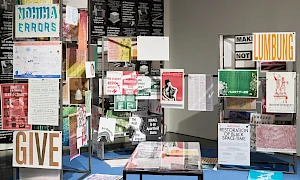A muchos esta esperanza les resulta sin duda ingenua, acaso imposible. Sin embargo, algunes de nosotres debemos aferrarnos locamente a ella, negándonos a creer que las estructuras que existen ahora existirán por siempre. Para ello, necesitamos a nuestres poetas y a nuestres soñadores, a les loques indomables, a esa gente que sabe cómo organizarse.
–Judith Butler, 13 de octubre de 20231
Desde el 7 de octubre, en las esferas públicas de toda Europa, las instituciones se han visto infestadas de una censura y de una autocensura desenfrenadas, interiorizadas por los trabajadores culturales. La negativa de los gobiernos y de los medios de comunicación occidentales a utilizar las palabras con las que los principales organismos de derechos humanos del mundo nombran la ocupación y el apartheid vivido durante décadas por el pueblo palestino, así como el actual genocidio, se extiende también por los sectores culturales. Se llega a poner en cuestión la expresión de dolor, rabia y tristeza ante la masacre en Palestina e Israel, a la vez que se plantean objeciones al llamamiento humanitario básico de un alto el fuego duradero. Así pues, los representantes de las esferas públicas y políticas de Europa están restringiendo la libertad de expresión, en lugar de mediar en las conversaciones por encima de las diferencias.
La censura y una impugnación intensificada del lenguaje revelan hasta qué punto está operando la interpelación2 sobre y en el seno de las esferas públicas, de tal suerte que la ciudadanía interioriza y expresa como propias las posiciones ideológicas del Estado y de las infraestructuras mediáticas. Lo que se juega a medida que esta interpelación prende y que los actores se ven reducidos a sujetos pasivos en lugar de pensantes, es la posibilidad misma de moldear o mover las esferas públicas a partir del discurso y del debate. Al mismo tiempo, se pone en entredicho el papel global de Europa, dada su incapacidad para adoptar ninguna postura constructiva o siquiera significativa, al demostrar bien una aceptación subyacente de la deshumanización, bien un posicionamiento activo de parte de la dominación colonial. Las alianzas y las relaciones internacionales (también aquellas de nuestra red de museos, universidades y organizaciones artísticas) se ven una vez más ante esas huellas de la colonialidad y de la violencia imperial, ejercida desde múltiples direcciones, que atraviesan sus estructuras.
Este es el lugar en el que estamos todes, aunque nos afecte de distintas maneras y en distintos grados. Nosotres, les editores de L’Internationale Online, no queremos o no podemos escribir con una voz institucional, adoptada o impuesta. Esa voz, esté donde esté situada, nos es ajena. Escribimos, no obstante, en un intento de encontrar alguna expresión común entre experiencias específicas, situadas y generacionales, con el objetivo de movilizar voces críticas y de trabajar y pensar colectivamente, más allá de la interpelación de los gobiernos y de los medios de comunicación.
Lo que le piden los movimientos de liberación palestinos a los sectores culturales es claro. Si nuestras instituciones no pueden dar una respuesta, debemos reconocer las fallas y los límites de nuestros espacios, enmarañados como están en mecanismos políticos más amplios. El camino inmediato, pues, para una plataforma editorial como L’Internationale Online, es expresar, hablar, trabajar con subjetividades y conocimientos situados, propios y ajenos. El material que tenemos previsto publicar en las próximas semanas y meses no podrá abordar adecuadamente el alcance de las tragedias cotidianas, las torsiones del debate, las implicaciones históricas de presenciar y hablar de genocidio. Aun así, los textos, las películas y los sonidos ofrecen la posibilidad de trabajar desbordando las posiciones institucionales y de contribuir a una remodelación en curso de las esferas públicas y de los discursos críticos.
Además, consideramos que la esfera cultural tiene como tarea a largo plazo reformular los vocabularios que han servido de andamiaje para los marcos retóricos y las posiciones políticas dentro de los campos artísticos, con el fin de superar la utilización del lenguaje como arma y su forclusión impuesta. Cualquier intento en este sentido tendrá que propiciar un llamamiento amplio, construyendo un frente popular que pueda tener el enfoque, la atención y el impulso para efectuar dicha transformación, sabiendo al mismo tiempo que tales movimientos podrían conducir a una fase frágil y tumultuosa entre mundos.
Siguiendo la exhortación de Donna Haraway a "pensar debemos; debemos pensar" (como lucha contra el Denkverbot y el cierre de prácticas y espacios discursivos) y la invocación de Fred Moten al "estudio colectivo", nos embarcamos en múltiples líneas de investigación para navegar por los cambiantes territorios y registros de la coyuntura presente. Entre estas muchas trayectorias, recurriremos al pensamiento y a la praxis feministas decoloniales para analizar la situación abierta del colonialismo de poblamientos israelí y su régimen militar y carcelario. Trataremos de llamar la atención sobre las asimetrías en las relaciones de poder y la instrumentalización de los marcos retóricos, sus orígenes y sus consecuencias en el contexto europeo. En un artículo de próxima publicación, Ovidiu Tichindeleanu esbozará la represión en las esferas públicas europeas y su relación con las historias imperiales. Como acto de solidaridad, subiremos a la plataforma el trabajo de artistas, poetas, músiques y cineastas que trabajan más allá de los límites del lenguaje para pensar el presente y su miríada de implicaciones e inflexiones. La publicación será necesariamente parcial e incompleta. No se plantea como una declaración ni como una respuesta. Más bien, en palabras de Audre Lorde, lo abordamos como un ejercicio de búsqueda de las palabras que no tenemos.
Traducido por Marti Malo
Los puntos de vista y opiniones publicados en esta sección responden a los principios de libertad académica y no reflejan necesariamente los puntos de vista o posiciones de la confederación L'Internationale y sus integrantes.
The views and opinions published here mirror the principles of academic freedom and do not necessarily reflect the views or positions of the L'Internationale confederation and its members.
Related activities
The Soils Project
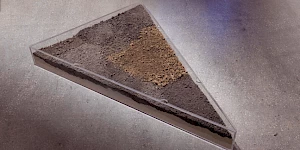
The Soils Project, is part of the eponymous, long term research initiative involving Tarrawara Museum of Art, Wurundjeri Country, Australia, the Van Abbemuseum in Eindhoven, Netherlands and Struggles for Sovereignty, a collective based in Yogyakarta, Indonesia. It works through specific and situated practices that consider soil, as both metaphor and matter. A further iteration of the project will open at the Van Abbemuseum in May - September 2024 as part of Museum of the Commons.
The Soils Project has been in development since 2018. An international collaboration between three organisations, and several artists, curators, writers and activists, the project has manifested in various iterations over several years including a three-part public webinar series titled The Soils Project: groundwork, and a two-week workshop, titled The Soils Project: On Country, for participating curators and artists. With a curatorium comprising arts workers from TarraWarra Museum of Art, the Van Abbemuseum, and Struggles for Sovereignty, the project’s approach seeks and facilitates opportunities to listen to diverse voices and perspectives around notions of caring for land, soil and sovereign territories.
Developed from this journey, The Soils Project’s forthcoming exhibition will embrace the deep histories of each participant’s location, examining the multiplicity of landscapes and environments, and the impact of colonisations and global industries on cultural heritage, land management and traditional knowledges.
Kyiv Biennial 2023
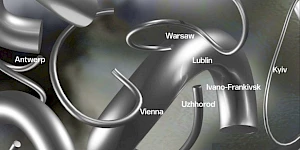
L’Internationale Confederation is a proud partner of this year’s edition of Kyiv Biennial.
Where are the Oases?
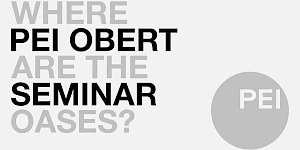
PEI OBERT seminar
with Kader Attia, Elvira Dyangani Ose, Max Jorge Hinderer Cruz, Emily Jacir, Achille Mbembe, Sarah Nuttall and Françoise Vergès
An oasis is the potential for life in an adverse environment.
Anti-imperialism in the 20th century and anti-imperialism today: similarities and differences
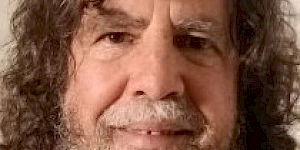
PEI OBERT seminar
Lecture by Ramón Grosfoguel
In 1956, countries that were fighting colonialism by freeing themselves from both capitalism and communism dreamed of a third path, one that did not align with or bend to the politics dictated by Washington or Moscow. They held their first conference in Bandung, Indonesia.
Cinema as Assembly
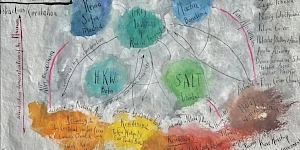
Cinema as Assembly investigates cinema as a space of social gathering and political engagement that prefigures and enacts forms of living beyond colonial capitalism.
Maria Lugones Decolonial Summer School
Recalling Earth: Decoloniality and Demodernity
Course Directors: Prof. Walter Mignolo & Dr. Rolando Vázquez
Recalling Earth and learning worlds and worlds-making will be the topic of chapter 14th of the María Lugones Summer School that will take place at the Van Abbemuseum in Eindhoven.
Archive of the Conceptual Art of Odesa in the 1980s
The research project turns to the beginning of 1980s, when conceptual art circle emerged in Odesa, Ukraine. Artists worked independently and in collaborations creating the first examples of performances, paradoxical objects and drawings.
Summer School: Our Many Easts
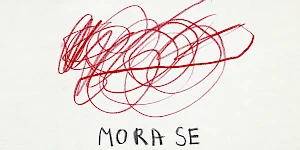
Our Many Easts summer school is organised by Moderna galerija in Ljubljana in partnership with ZRC SAZU (the Research Centre of the Slovenian Academy of Sciences and Arts) as part of the L’Internationale project Museum of the Commons.
Open Call – Summer School: Our Many Easts

Our Many Easts summer school takes place in Ljubljana 24–30 August and the application deadline is 15 March. Courses will be held in English and cover topics such as the legacy of the Eastern European avant-gardes, archives as tools of emancipation, the new “non-aligned” networks, art in times of conflict and war, ecology and the environment.
Canción para muchos movimientos. Escenarios de creación colectiva
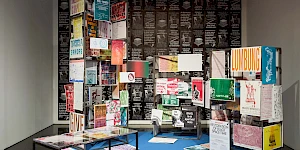
Un experimento efímero en que la planta baja del museo se convierte en escenario de encuentros, conversaciones y escuchas compartidas.
Related contributions
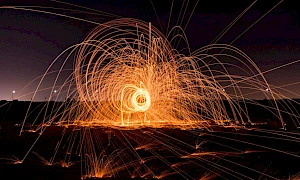
…and the Earth along. Tales about the making, remaking and unmaking of the world.
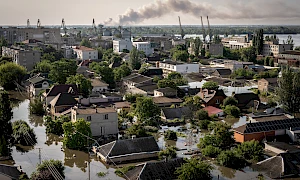
Statement on the attack on Kakhovka Water Dam
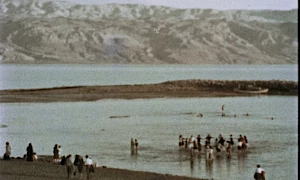
The Kitchen, an Introduction to Subversive Film with Nick Aikens, Reem Shilleh and Mohanad Yaqubi
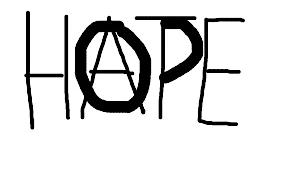
The Repressive Tendency within the European Public Sphere
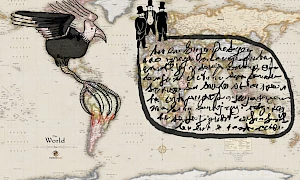
Troubles with the East(s)
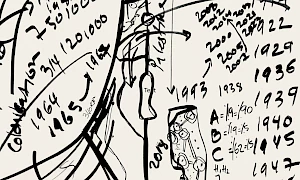
Right now, today, we must say that Palestine is the centre of the world
Body Counts, Balancing Acts and the Performativity of Statements
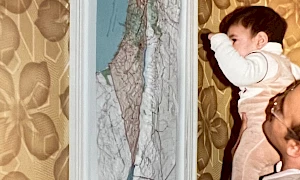
Until Liberation I: Learning Palestine
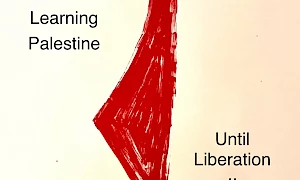
Until Liberation II: Learning Palestine
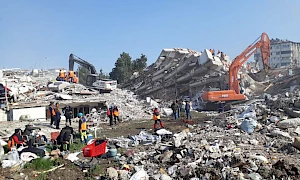
In solidarity with all the people affected by the earthquake in Turkiye and Syria
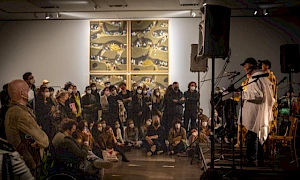
Public letter on WHW termination as directors of Kunsthalle Wien
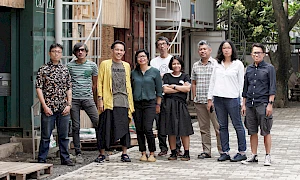
Statement in support of documenta fifteen
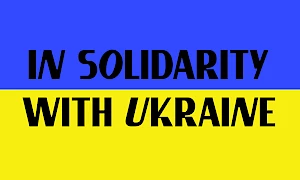
¡Guerra nunca más!
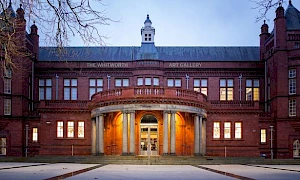
Statement on the dismissal of Alistair Hudson
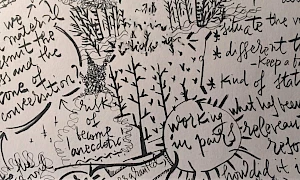
L’Internationale Public Statement on the recent events at MACBA
L’Internationale statement: Towards a healthy society
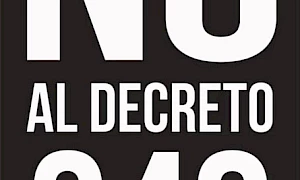
Standing up for the rights of all artists to free and independent expression
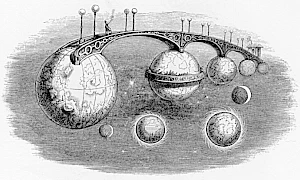
Tearing Down Bridges – Turkey's Withdrawal from Creative Europe
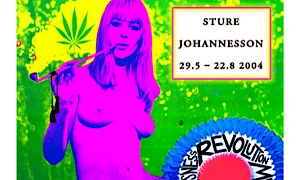
Of Cats and Canary Birds: Statement in Support of Lunds Konsthall
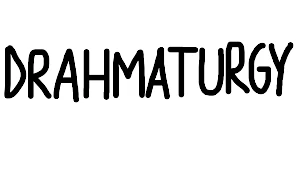
How Much Austerity Can Europe Endure?
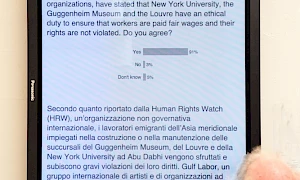
L'Internationale supports Walid Raad, Andrew Ross and Ashok Sukumaran after the recent ban on their entry to the UAE
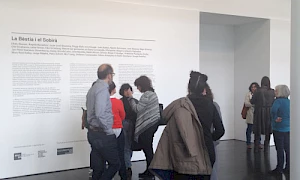
L'Internationale statement in support of the decision to open "La Bestia y el soberano" (The Beast and the Sovereign)
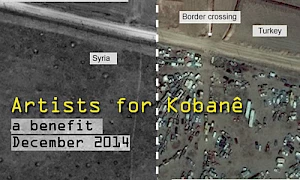
Artists for Kobanê: An online auction to benefit refugees from Kobanê
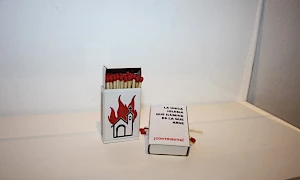
Comunicado de L'Internationale en apoyo al Museo Reina Sofía
New online platform for research, resources and discussion
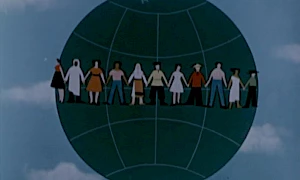
The Veil of Peace
Editorial. Hacia un estudio colectivo en tiempos de emergencia
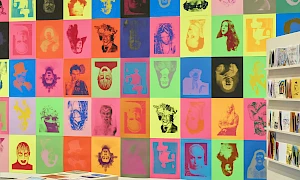
Canción para muchos movimientos. Performance inaugural en directo en Radio Alhara
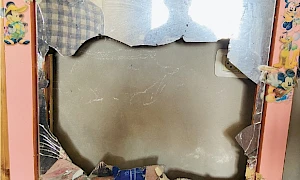
We Have Been Here Forever. Palestinian Poets Write Back
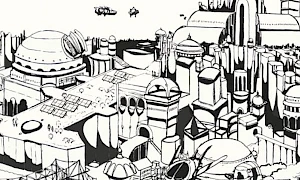
Indra's Web
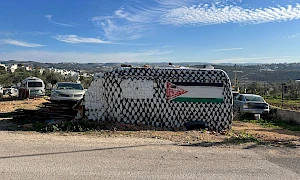
Diary of a Crossing
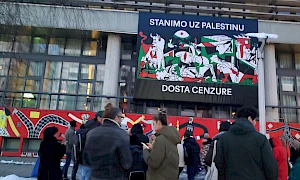
The Silence Has Been Unfolding For Too Long
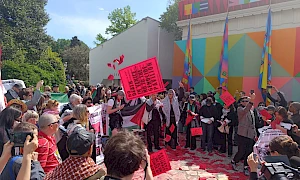
One Day, Freedom Will Be
